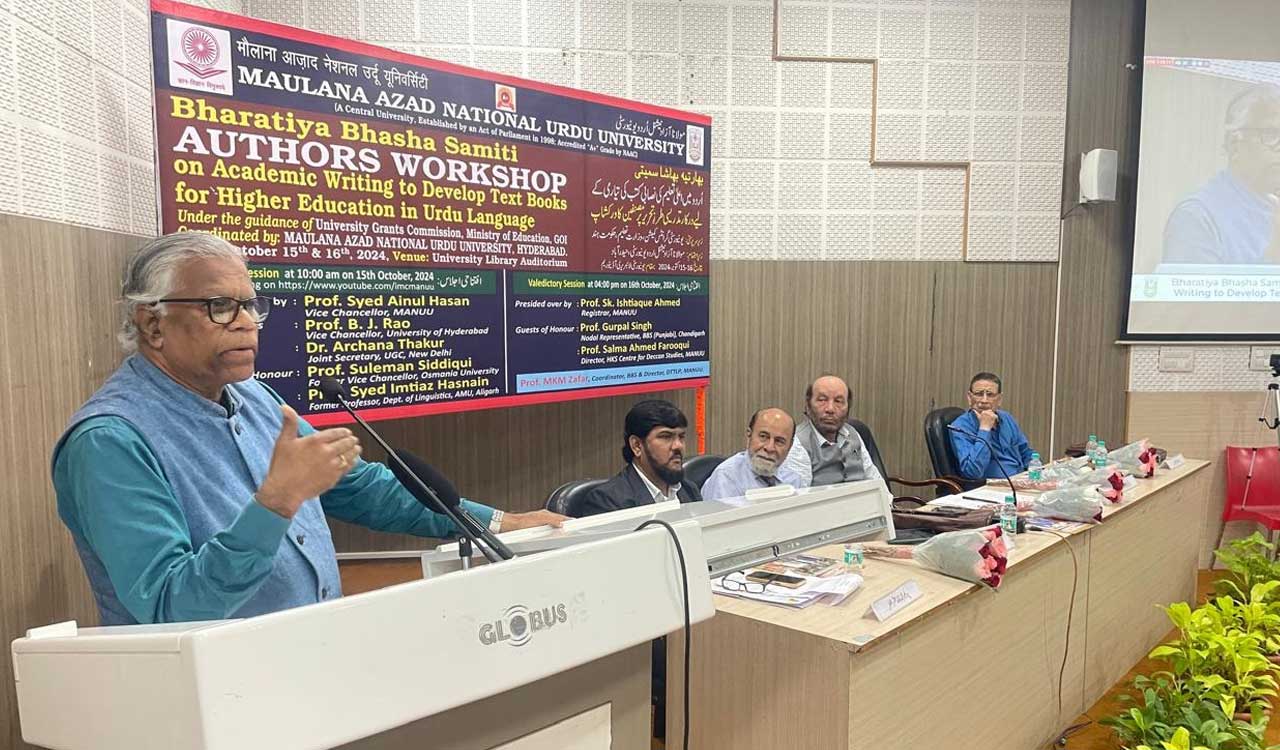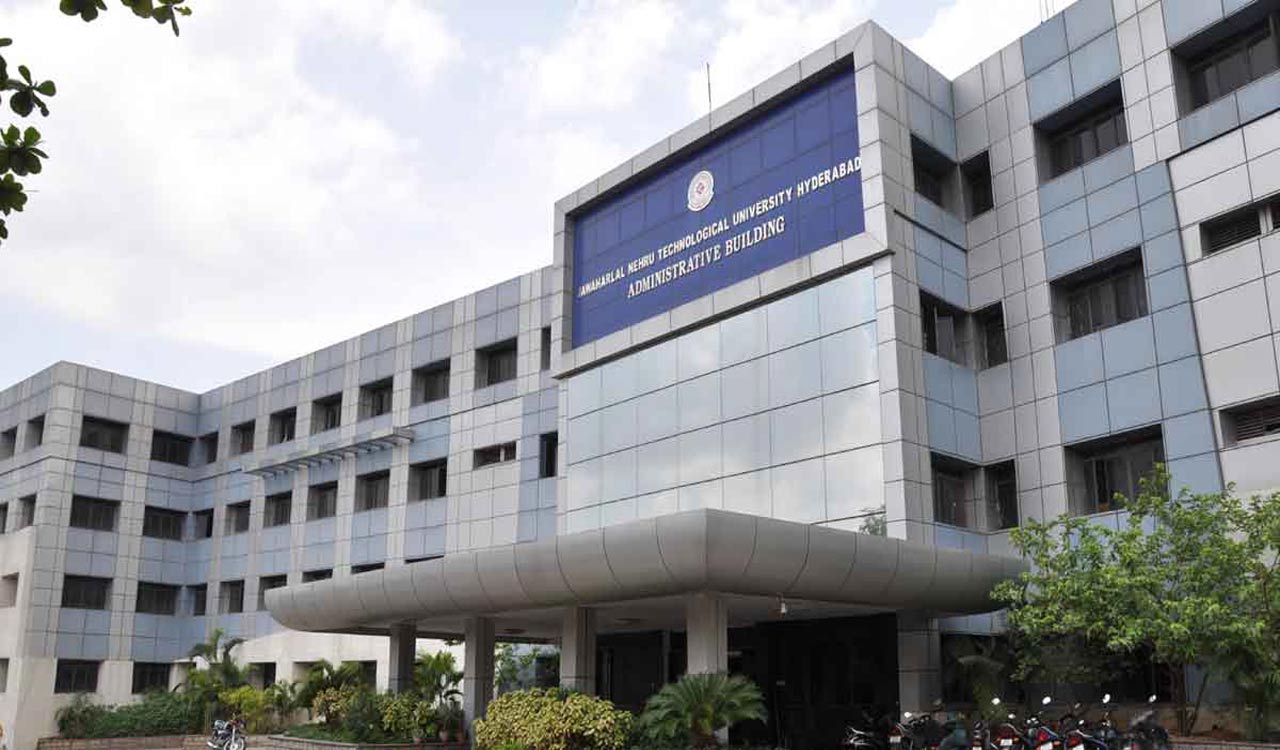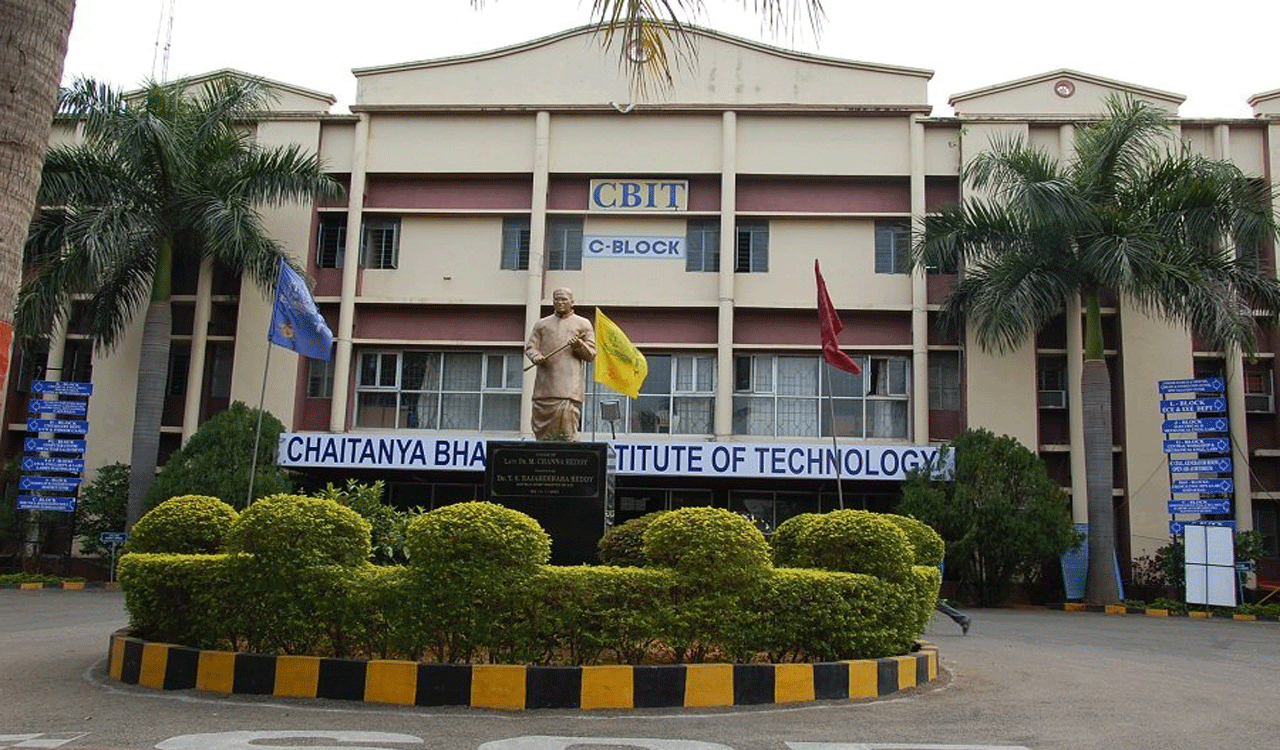UGC unveils draft guidelines for integrating informal, non-formal learning into formal education system
The RPL, as per the guidelines, is defined as a formal mechanism used to evaluate a person's existing knowledge, skills, and experience gained through formal (educational institutions), non-formal (learning outside formal setting), or informal learning (self-directed and unplanned learning)

Hyderabad: In a move that has potential to bring transformative changes in the country’s blue-collar workforce, the University Grants Commission (UGC) on Tuesday rolled out draft guidelines introducing Recognition of Prior Learning (RPL) in higher education, allowing individuals acquire a formal qualification that matches individual competencies, subject to assessment.
The RPL, as per the guidelines, is defined as a formal mechanism used to evaluate a person’s existing knowledge, skills, and experience gained through formal (educational institutions), non-formal (learning outside formal setting), or informal learning (self-directed and unplanned learning).
The new initiative is aimed at integrating informal and non-formal learning into the formal education system subject to assessment. It offers individuals the opportunity to formalize their competencies (knowledge, skills, and abilities) and earn credits through a well-defined framework. It can help individuals acquire a formal qualification that matches individual competencies, improving their employability, mobility, and lifelong learning.
The UGC, in the Commission meeting conducted on November 14, approved the draft guidelines for implementing RPL by specifying several mechanisms. This system is already existing in several countries, including Australia, South Africa, Malaysia, South Africa and New Zealand.
According to the draft guidelines, the RPL allows learners to gain credit towards a qualification based on their previous learning experiences gained through different ways, including, on-the-job training, internships and apprenticeships, volunteer work, hobbies and personal projects, mentorship/ ‘Guru-Shishya Parampara’.
The prior learning or experience is a must to the program or qualification for which RPL is sought. In addition, candidates need to demonstrate how their prior learning corresponds to the learning outcomes, competencies, or requirements of the program.
“We must address the challenges faced by India’s large informal workforce, which requires formal education and career progression opportunities.
The RPL, which is integral to the vision of the National Education Policy (NEP) 2020, allows individuals to gain formal recognition for skills and competencies acquired through informal, non-formal, or experiential learning.
Through RPL, such individuals can access higher education, earn formal qualifications, and improve their employability,” said Prof. M Jagadesh Kumar, Chairman UGC.
Related News
-
Hyderabad: MANUU commences work to develop textbooks for higher education in Urdu
-
Search panels yet to begin exercise for VCs appointment in Telangana universities
-
CBIT receives 10 year extension of UGC Autonomous status
-
UGC’s decision of allowing bi-annual admissions evokes mixed response from Telangana academics
-
Hyderabad auto driver foils attempt to kidnap young woman, five held
2 mins ago -
Haiti gang attack on journalists covering hospital reopening leaves 2 dead, several wounded
1 hour ago -
21 dead as Mozambique erupts in violence after election court ruling
1 hour ago -
Cartoon Today on December 25, 2024
9 hours ago -
Sandhya Theatre stampede case: Allu Arjun questioned for 3 hours by Chikkadpallly police
10 hours ago -
Telangana: TRSMA pitches for 15% school fee hike and Right to Fee Collection Act
10 hours ago -
Former Home Secretary Ajay Kumar Bhalla appointed Manipur Governor, Kerala Governor shifted to Bihar
10 hours ago -
Hyderabad: Organs of 74-year-old man donated as part of Jeevandan
10 hours ago




